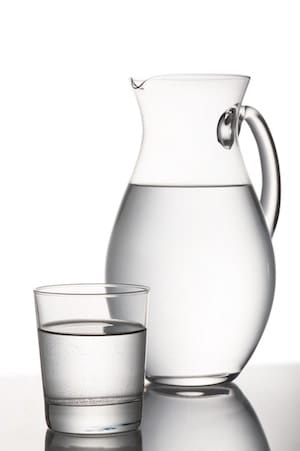
A study by researchers at Penn State in University Park, Pennsylvania, has found that people who sleep six hours or less a night have a greater chance of being dehydrated the next day than those who sleep eight hours or more, according to a Nov. 5 university news release.
The study, published in the Nov. 5 issue of Sleep, looked at two samples of adults from the National Health and Nutrition Examination Survey and another sample from the Chinese Kailuan Study — a total of more than 20,000 adults. Participants were surveyed about their sleep habits and gave urine samples that researchers analyzed for biomarkers of hydration, the release said.
The key is a hormone called vasopressin, which helps regulate the body’s hydration.
“Vasopressin is released both more quickly and later on in the sleep cycle,” said lead author Asher Rosinger, assistant professor of bio-behavior health at Penn State. “So, if you’re waking up earlier, you might miss that window in which more of the hormone is released, causing a disruption in the body’s hydration.
“This study suggests that if you’re not getting enough sleep, and you feel bad or tired the next day, drink extra water.”



